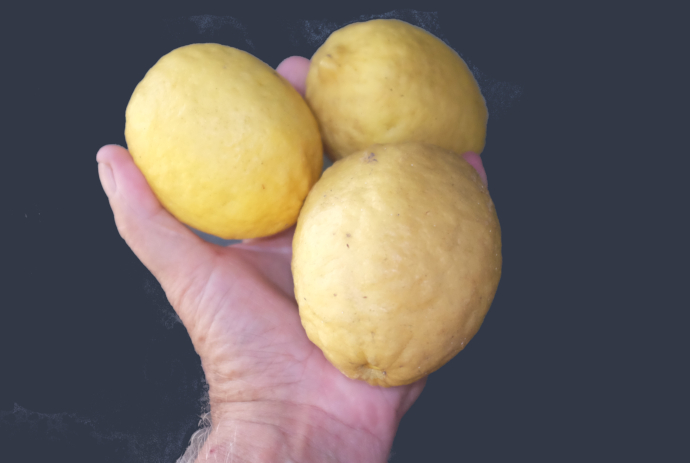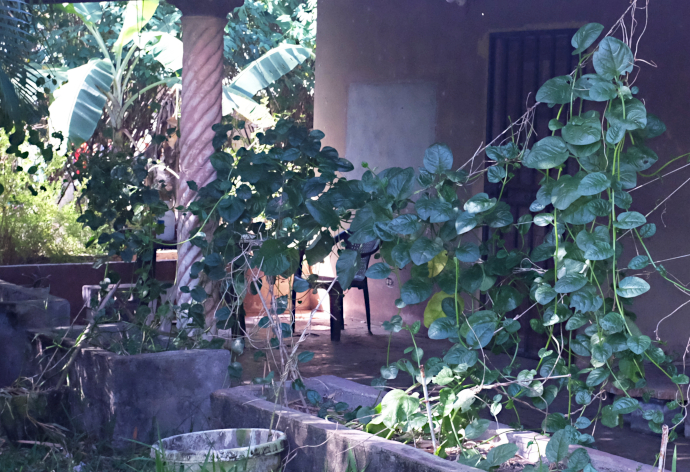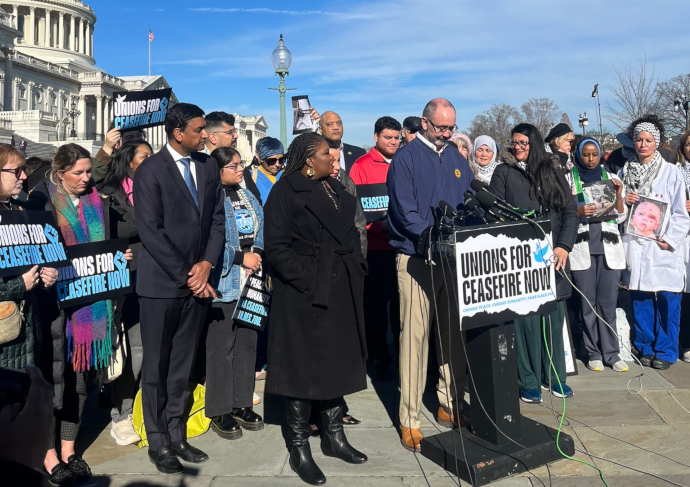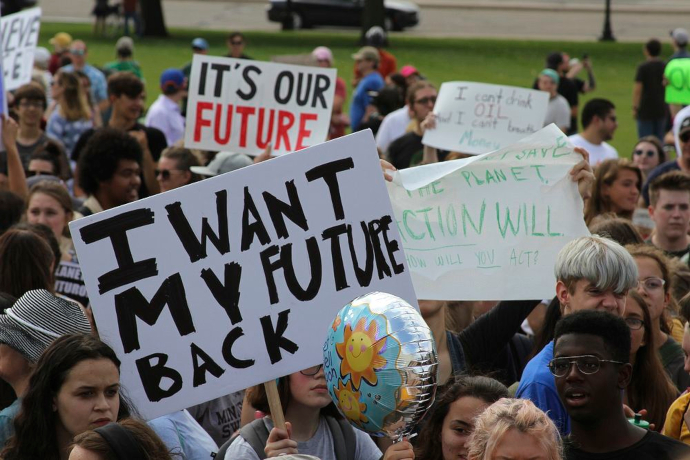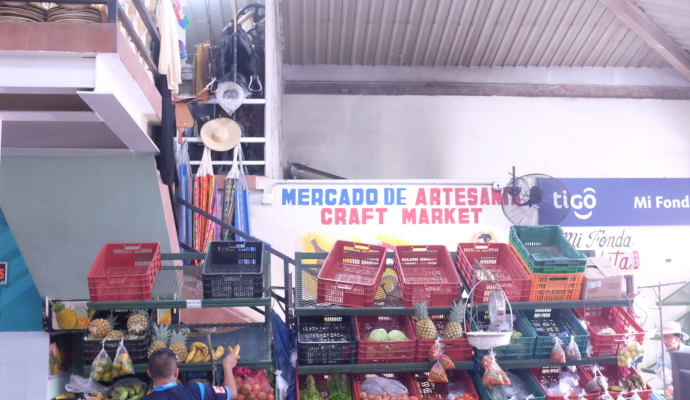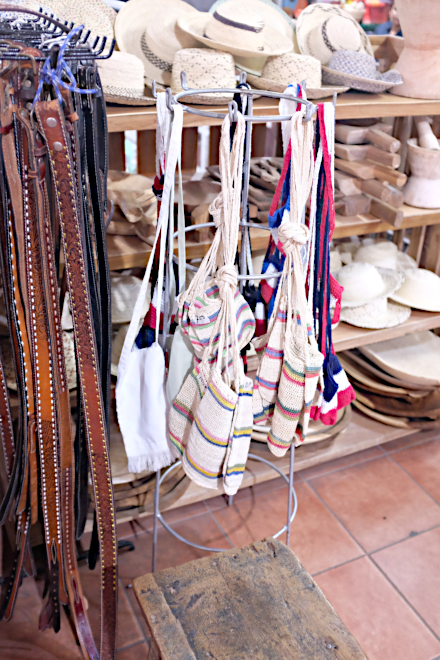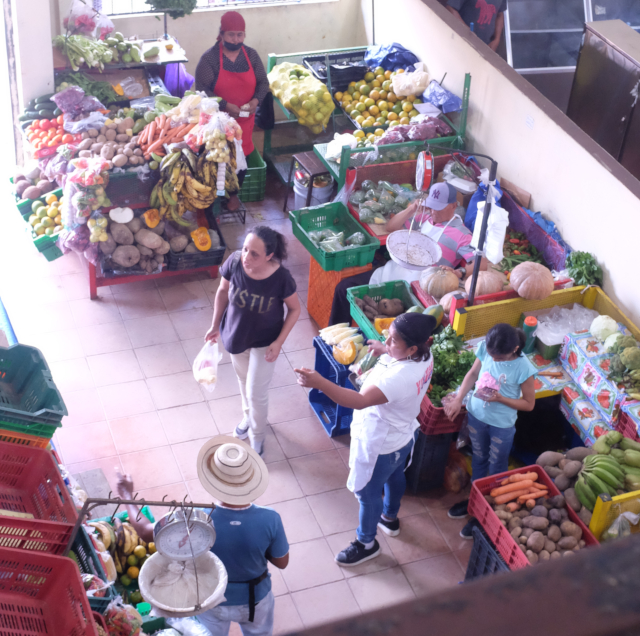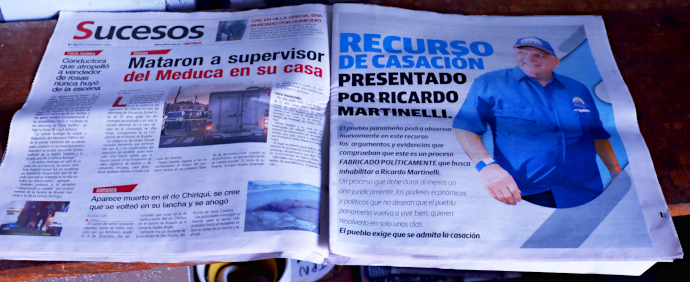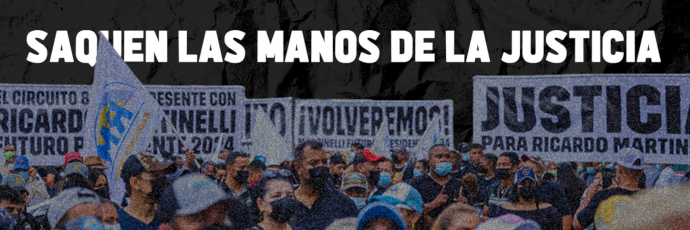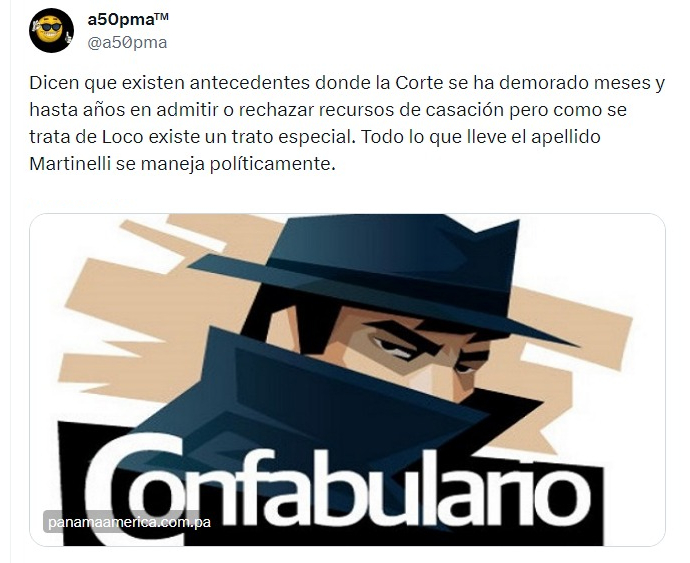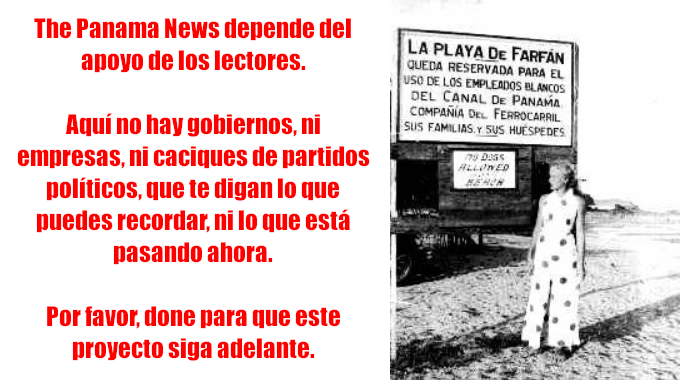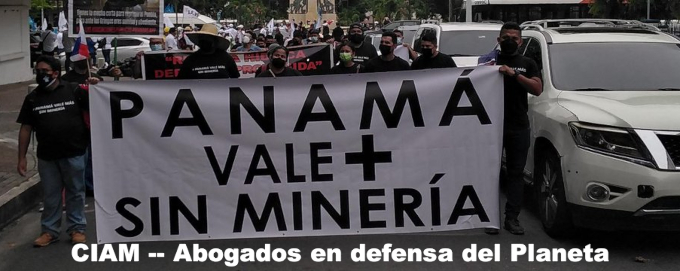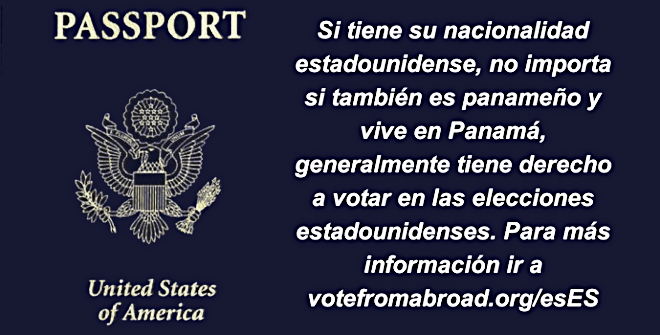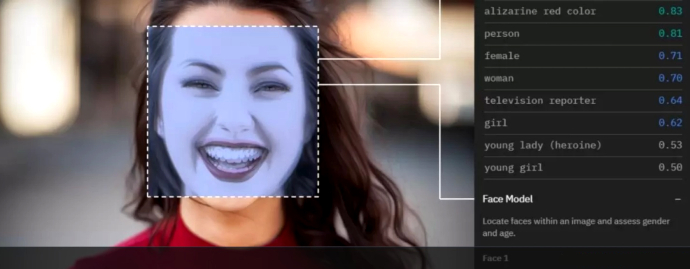Lemons? They come once a year and in this dry El Niño year they are late, coming in right now. 2023’s lemons are plentiful and large as usual, but slightly less juicy. I’ll be picking, juicing and canning, peeling the zests and putting that stuff in the food dryer. I also have limes, on trees that will produce several times during the year. Also producing several times during the coming year will be my star apple tree and various of my several banana stems.
Seasonal calculations for the writer who’s also a part-time peasant
by Eric Jackson
Coffee? That I have grown in pots. Down here at the foot of Cocle’s foothills, the soil is mostly red clay, there a nematod problems and it’s not like about 20 kilometers uphill in El Valle, with the frequent bajareque mist and the rich volcanic soil. So, as decorative as coffee bushes are, I buy my coffee. The pot is ready to fuel this wee hours writing session. Excuse me for a moment….
AAAHHH!
I also drink tea, which I also buy, and flavor it in various ways. It’s tangerine season. Those I also buy rather than grow even though I could grow them here. The drought has affected the tangerines available from the fruit vendors in Anton — small, not so juicy, not so sweet — but in any case, although I buy the thinge when in season they are part of my farm chores. I preserve tangerine peels in my food dryer, so as to flavor tea when I am in that mood, whether or not the fruit are in season at the moment.
Other dry season tea considerations? I must buy and plant some turmeric roots in the pots or planter boxes out front. Those are medicinal, and brewed with tea in my usages. Were I bigger into making curries, they’re also a likely suspect ingredient for those.
Another medicinal plant in my front planter boxes? Mastranto, a variety of mint, the leaves of which I sometimes put in with tea, sometimes chew or eat raw, but now that dry season is set in I will need to cut back. The branches I prune will be cut up into little pieces and those will be thrown in the planter boxes to help renew the soil. Along with coffee grounds, leaf detritus that I sweep up from the porch and the floors of my house, and — it’s time to get down to THOSE brass tacks — some compost from the pile out back. Already added have been the detritus of an El Niño year’s not so bountiful Chinese green bean vines. For vining things on that side of the garden, I will start new trellises, but the spinach that did well in other spots this past year has provided good enough substrate for this lazy hippie to just re-use.}

On the right-hand side of this archive photo, Chinese green bean vines along with string, sticks and spinach vines forming an old trellis at the end of a rainy season past. Every now and then it’s time to restart the anarchistic low-budget trellises, crumbling the remains of the habichuela china vines into the soil. So what to gown in the spot where those were sown? Let me procrastinate a bit, but always bearing crop rotation in mind.
The specially fortified caffeine fix starts to take effect. Strong and dark Palo Alto coffee from the Chiriqui mountains, tapa de dulce raw sugar even if the doc recommends sucralose or better yet nothing instead, powdered milk, powdered chocolate. On this farm I could grow cacao and make fresh chocolate, but that would be extra work and less than a constant supply. I could also grow sugar cane — plenty of people in this corregimiento do, but that also entails extra work. PLUS, so many of the ways that sugar cane is commonly grown are destructive — clearing, tilling, burning that ravage and tend to erode the soil, the use of toxic chemicals and so on. There are organic and healthy ways to grow the stuff, but then there are also economies of scale. If not mechanized, sugar is labor intensive and for a guy my age with my resources, those become inhibiting factors. SO, an early morning jolt that I might have grown myself but chose not to.
This dude who, at age 68, got beaten up in a home invasion by five much younger maleantes and now, a couple of years later, is preparing his little farm for more seasons to come? Chalk it up to proper early childhood education — he fights to the finish ‘cuz he eats his spinach — Popeye said this, so it MUST be true. The guy GROWS the stuff, actually. The vines of 2023’s crops are beginning to seed and are variously being sown. Plus this old hippie has visited various farm supply stores in Cocle and among the purchases are a package of spinach seeds. Lazy on the research here — will old spinach crop seeds and this new stuff be THAT different? Will there by hybridization, and how will THAT turn out? A mad doctor’s kid just has to experiment. It’s unlikely, however, to yield a new weapon with which to destroy the world. And the decision to buy Chinese green bean seeds from the agro-store in Penonome? In part it’s a restart from several years of hybridization and replanting of seeds having run their course and a desire for a fresh start that might yield better results.
Spinach — not being medically educated, but having heard and read a lot of things, and having as an adult overcome a childhood aversion to that canned goo and grown fond of the fresh leaves — what to do? What to think?
I am told that spinach is high in vitamin K, a coagulant. Physicians who have patients on blood thinners are wont to tell them to stay away from spinach for that reason, but then US government-sponsored studies question whether spinach has any coagulant effect on its own. Do consumer protection lawyer skepticism and questioning about conflicts of interest come into play? Would Uncle Sam want to mess up the economy of Crystal City, Texas and much of the rest of the Rio Grande Valley by warning about spinach? Should I heed a departed former US Army paramedic friend’s advice about avoiding a diet too heavy on the spinach, lest I get a blood clot that leads to a meeting with my maker by way of an ischemic stroke notwithstanding what official US advice might be?
The thing is, the history major in me, and a number of life experiences with poverty, lead me to conclude that a diet that isn’t varied enough can be a deadly thing. A horrible Panamanian example in several ways? During the October 1899 – November 1902 Thousand Days War the Conservatives held Panama City, but the capital’s traditional breadbasket in Cocle was engulfed in the flames of a vicious guerrilla war and the Liberals weren’t letting food in by land. No problem, one might say? From China, from the USA, from around Latin America, plenty of white rice was coming in by sea to areas under Conservative control. And people who avoided getting too skinny by eating the plentiful white rice and little else began to die of beriberi.
How do we know this? The Conservatives imposed strict censorship on the media, so going through old newspaper reports one would not find stories about beriberi deaths. But come January of 1904, when the first US Army medical mission to come to the newly independent Republic of Panama took a health survey, they found that the leading cause of death in Panama City was that starvation disease, beriberi. (Surprise, surprise! When an atrocious scorched earth war ends, farm production, food distribution chains and rural economies in general don’t just instantly snap right back as if nothing had happened.) And from reading the newspapers that the Conservatives of those times allowed, one wouldn’t really know the enormity of what had happened — it’s bad politics to publicize the fact that people are starving to death in the enclave that one holds, or to allow a free press to point this out.
So, yesterday’s dinner? Tuna chunks and mayonnaise on whole wheat bread sandwiches, with big leaves of spinach between the bread and the fish glop. And the leftovers from the day before? Pasta with store-bought sauces, hunks of chorizo, fresh onions and garlic, chunks of pressed white cheese that by feline insistence had to be shared with the cats, fresh Mexican oregano leaves from the garden and shredded spinach leaves from the garden. If I suddenly keel over and die, might the doctors at the Institute for Legal Medicine conclude that it wasn’t just the sort of spaz attack to which gringos seem to be prone, but an ischemic stroke produced by a diet too rich in spinach? In that case I am unlikely to ever know.
Anyway, the spinach gives me shade, gives me food and prepares me in case Bluto comes around to hassle.
The Mayan Spinach Trees, or chaya? I have those, too, and they are perennial and produce all year long. They are not closely related to spinach and have a different and richer mix of nutrients. They also have some toxins that need to be neutralized by cooking the leaves before eating them. They still have a taste and texture similar to spinach in the proper sense. I rotate spinach and chaya as ingredients in my usual rice or pasta diet.
And what about the bread? Well, bread, rice, corn meal, potatoes, yuka, plantains — the idea is that if economics obliges one to eat a starchy diet, rotate those starches. And eat the skins on the potatoes, whole wheat rather than white, raw sugar instead of refined, brown rice preferred over the white stuff. If, as recent studies are showing and as long-running suspicions have had had it, boredom and loneliness shorten the lives of senior citizens, a boring diet that’s not varied enough will also kill. And garden work to break away from typing and surfing the Internet in front of a laptop? That may be a lifesaver too.
Banana bread for Christmas? It’s looking like a possibility. With just dogs and cats to entertain over the holidays, however, the path of least resistance is to just eat uncooked bananas. Around this farm, when it comes to meat, fish, poultry or bread, it’s dogs and cats who beg for a share. They don’t get that way about my fruit — but bats certainly do. I usually lose a bit of my banana production to bats. Just like I lose some of my spinach to ants. There are counter-measures ranging from chemical warfare to plastic coverings, but to let bats and birds take part of my fruit production and insects eat some of my vegetables is tolerable enough if they leave some for me.
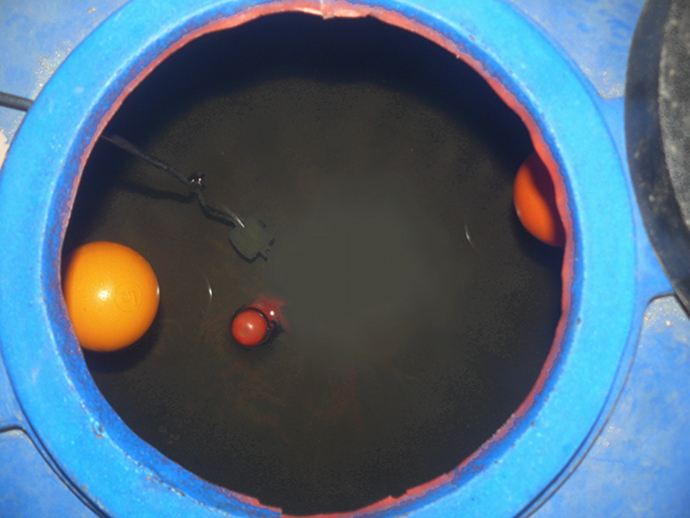
A basic seasonal calculation, for farming and for personal use, is water. It’s an El Niño year but around here things have been much worse. The tanks do get low during dry season, though. As a lifestyle calculation I could get the damned household plumbing system fixed or reinstalled, but then will I live longer carrying jugs of water as part of my regular exercise. As an agricultural calculation, I will need to be using my watering can on a more regular basis over the coming months and it will get down to a rationing of how much and on what.
Contact us by email at fund4thepanamanews@gmail.com
To fend off hackers, organized trolls and other online vandalism, our website comments feature is switched off. Instead, come to our Facebook page to join in the discussion.
These links are interactive — click on the boxes

